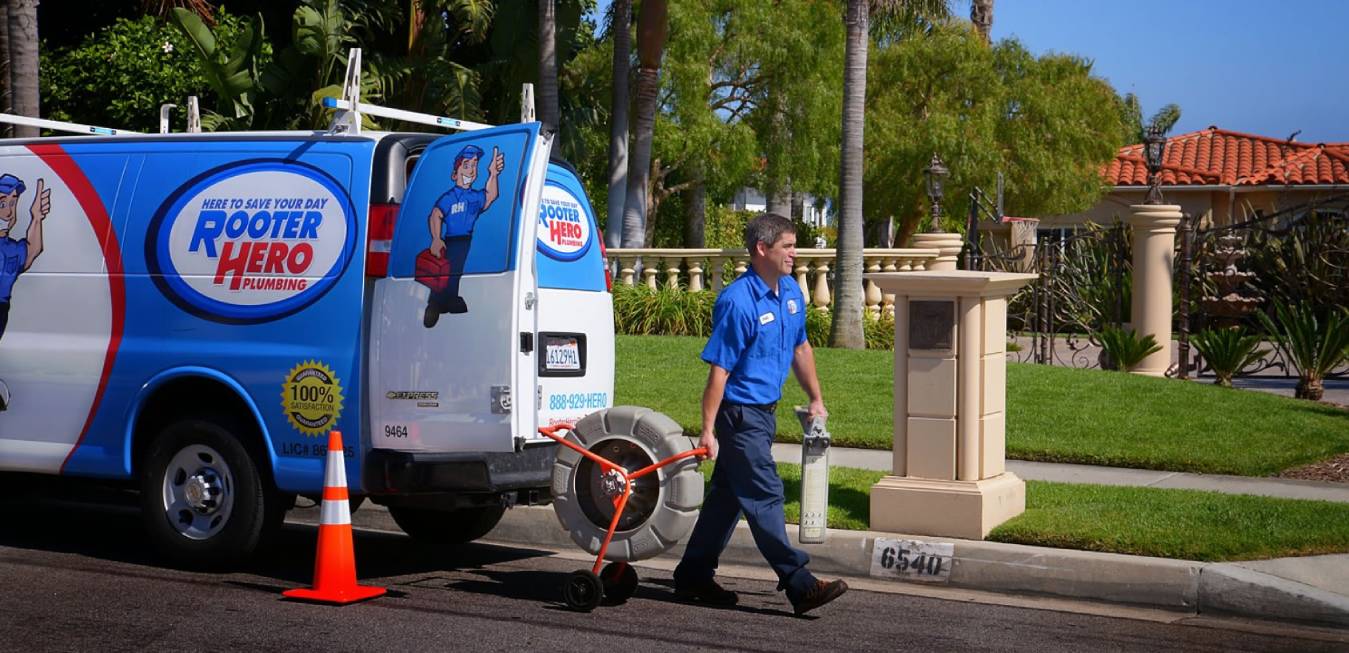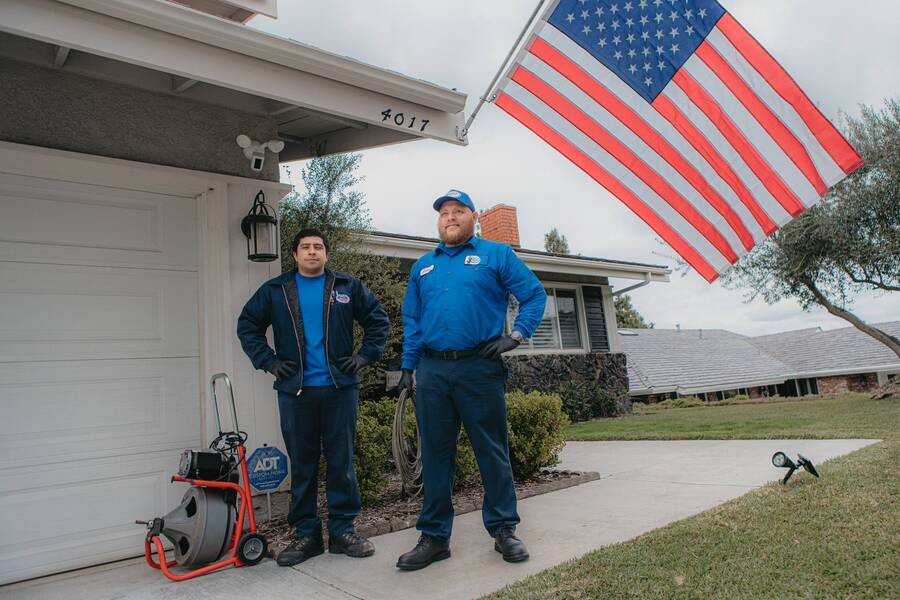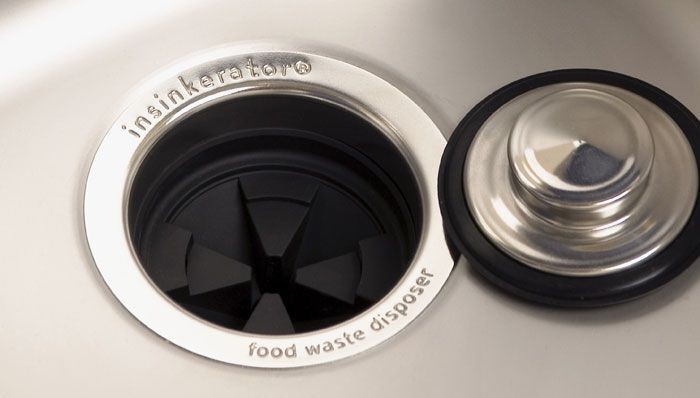
Why is My Water Heater Overheating?
A water heater not heating water is a common issue, but an overheating water heater is an even more serious problem. While cold showers might have health benefits, a scalding hot shower offers no more than first degree burns. Is your water heater overheating? This article brought to you by Rooter Hero Plumbing should help you troubleshoot the issue. If you want to have a qualified technician inspect your unit and have the problem resolved, then feel free to call Rooter Hero Plumbing. Our live representatives are ready to take your call and schedule an appointment or arrange an urgent dispatch. We are ready when you are.
Faulty Pressure Relief Valve
The temperature and pressure relief valve is a safety feature located near the top of your water heater tank. When the temperature or pressure in the water heater tank gets too high, the tank will fill with steam and expand. A functional temperature and pressure relief valve will activate and release the excess hot water and air. A faulty valve, however, will be unable to open. If the pressure inside the tank gets too high, you will get scalding hot water. Worse, the pressure might cause the tank to explode.
This is why we recommend property owners test the pressure and temperature relief valve at least once a year. Place a large bucket under the valve and gently lift the valve to see if water and air is released. If not, you should have the part repaired or replaced as soon as possible.
High Temperature Setting
Some homeowners and business owners try to fix the issue of cold water by increasing the temperature setting on the water heater. This can quickly turn an issue into a problem, however. If you set your water heater’s temperature to above 120 degrees, you can expect boiling hot water from your plumbing fixtures, faucets, and showerheads. We do not recommend setting the temperature above 120 degrees Fahrenheit.
Sediment Build Up
When you get to testing the temperature and pressure relief valve, we recommend you also flush the water heater tank while you are at it.
All water has some minerals in it, but water with exceptionally high mineral content, called hard water, can be very problematic. When the water heats up, the excess minerals split from the water and settle in the water heater tank. This sediment build up can cover the heating elements and other components of the water heater, forcing the unit to work in overdrive. The result is extremely hot water.
If the sediment buildup gets severe, you might not have any option but to replace the water heater. This is why we recommend you flush the water heater tank once a year and get rid of sediment build up before it gets severe.
Call Rooter Hero Plumbing
If you would prefer to have that scalding hot water checked out by a dependable plumbers, then call Rooter Hero Plumbing. We are happy to give you a free price estimate and dispatch a technician to your location as soon as within the hour.






